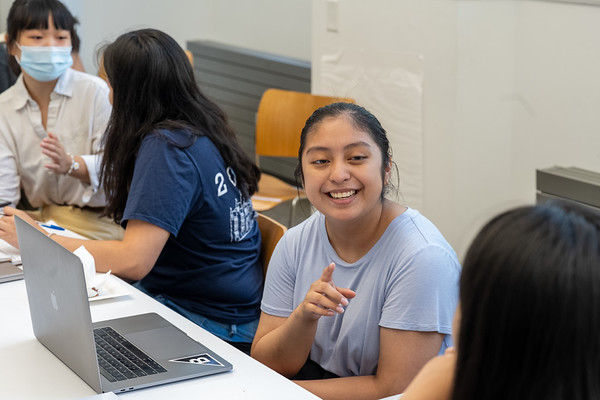What makes a topic challenging?
What qualifies as a “challenging” topic varies among individuals and may or may not directly relate to course content. When topics arise in the classroom that shift the mood or noticeably cause some students discomfort, determining how to continue a generative discussion can be stressful. Often, the best way forward is to center empathy and promote the classroom as a space for academic risk-taking and mutual understanding. Preparing a plan for care before, during, and after classroom discussion — whether one anticipates conversation on challenging topics or not — allows you to feel more confident in your ability to facilitate constructive discussion.
Benefits
Thinking about your strategy for facilitating constructive conversations on challenging topics is essential, especially amidst fraught issues in the wake of Metoo, Black Lives Matter (BLM), national politics, and the ongoing conflicts around the world. Tension and discomfort about these events and many others can affect both students and instructors in and out of the classroom. While leaning into and working through discomfort can be an important pedagogical skill, there are natural boundaries to what constitutes productive discomfort (Brown, 2024). Being proactive and responsive means developing your ability to help process and understand these feeling to promote student safety, understanding, and trust. By facilitating these conversations effectively, instructors can foster a classroom community of care, support student well-being and belonging, build skills to communicate across differences, and teach students to apply disciplinary lenses to critically consider current issues.
